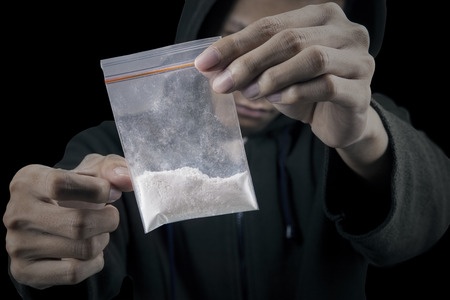Students to be taught how to spot drug pushers
UNDER the Duterte administration, students as young as 10 will not only learn the consequences of drug abuse and addiction but also get practical lessons on how to spot a drug pusher, how to say no to drugs and avoid being targets as buyers or agents.
Education Secretary Leonor Briones on Monday said one of the first undertakings of the Department of Education (DepEd) under her leadership was to review and strengthen the syllabus on drug education and possibly introduce a separate subject for it in line with President Duterte’s policy against illegal drugs.
“We are now in the process of reviewing the syllabus as instructed by the President. One of the national priorities of the Duterte administration is to give attention to the drug menace,” Briones told reporters after the turnover ceremony at the DepEd on Monday.
Starting in Grade 4
Briones, who replaced Armin Luistro, said Mr. Duterte ordered the teaching of drug literacy starting in Grade 4.
Article continues after this advertisementWhile the current curriculum for Grade 4 already includes a drugs syllabus, it is lacking in lessons on the practical side that can help prepare children repel the lure of illegal drugs, Briones said.
Article continues after this advertisement“The composition is more from the science point of view—its impact on the body but not so much on the practical matters,” she said.
“I think what needs to be added are [pointers] on how children would know that they are being drawn in, how they should say no, and how and where to report if they are offered illegal drugs,” she added, noting that drug syndicates target mostly students in urban schools, although they also try to victimize students in rural areas.
In her speech during the turnover ceremony, Briones disclosed that Philippine National Police Director General Ronald “Bato” de la Rosa, who attended the event, has offered to help the DepEd fight the intrusion of drugs into the country’s schools.
“He has offered to help in further strengthening our curriculum to prepare our Grade 4 kids to be able to withstand the onslaught and the temptation of drug addiction,” she said.
Separate subject
When asked if she was considering drug education as a stand-alone subject, Briones said it could be done just like religious courses are being taught as separate subjects.
She acknowledged, however, that incorporating drug literacy into academic subjects might not be enough.
Part of the plan to fortify drug education among schoolchildren is training teachers and making additional educational materials available in schools, she said.
Briones underscored the importance of a strengthened drug abuse and prevention syllabus for young students, as many of the drug users and dealers who surrendered to police last week were teenagers.
“I just came from a province where there was a mass surrender… there were teenage pushers and users who surrendered and they were kids who should be in school and who were in school really,” she said.
Briones on Monday marked the turnover ceremony with music from her Manila Concert Choir, serenading guests with songs like “You’ll Never Walk Alone,” Lucio San Pedro’s “Kayumangging Malaya,” and Ryan Cayabyab’s “Sabihin Mo Ikaw ay Pilipino.”
“When there are great celebrations, these are always accompanied by music,” she said.
In her speech, she said the DepEd was celebrating not only her assumption into office but also the determination and courage of her predecessor, Luistro, who she said initiated the much needed educational reforms “against all odds, amid concerted opposition and fears about the future of Philippine education.”
Briones promised to carry on and finish what Luistro had started, adding her own vision, perspectives and initiatives.
